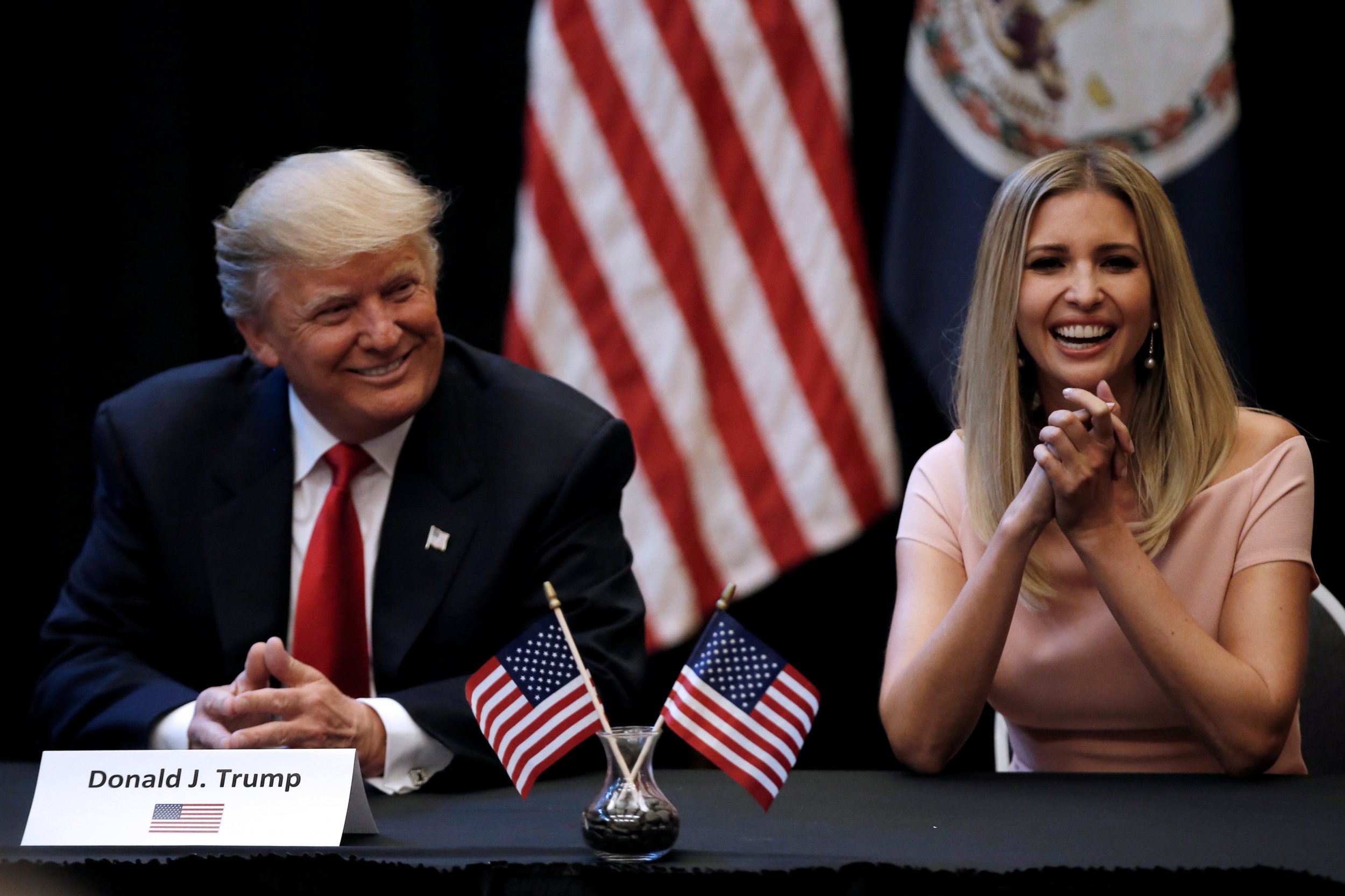
Money can buy you happiness, a new study shows. But it must be spent wisely: not on material possessions, but on time-saving activities that will contribute to living a more satisfied, relaxed life.
A team of researchers led by Harvard Business School professor Ashley Whillans surveyed nearly 4,500 people, including millionaires, from the U.S., Canada, Denmark and the Netherlands on their spending habits and life satisfaction with the goal of tackling what they call the "time famine of modern life."
The study, published in the Proceedings of the National Academy of Sciences of the United States (PNAS) journal, observed that those who believe in the mantra "time is money" suddenly feel like they do not have enough of it. So how to tackle the feeling of time scarcity that leads to stress, anxiety and unhappiness? The answer, of course, is money.
The researchers first asked a narrow, specific question about whether people paid others to do "unenjoyable daily tasks," such as domestic work, to be able to "increase their free time."
Only 28 percent of respondents said yes, spending an average $147.95 per month to buy themselves extra time. These people also recorded increased life satisfaction compared to those who did not spend money this way.
In the second part of the study, researchers asked more than 1,800 Americans whether they spent money to buy "more free time." The responses were roughly split in half, with those who spent between $80 and $99 per month, on average, on outsourcing chores reporting a higher degree of life satisfaction.
Researchers appeared surprised that the practice of buying time-saving activities to increase happiness isn't more widespread. "Despite the potential benefits of buying time, many respondents allocated no discretionary income to buying time, even when they could afford it: just under half of the 818 millionaires that we surveyed spent no money outsourcing disliked tasks," the researchers said, adding: "Even when we broadened our definition in our preregistered survey study, half of our respondents still reported not using any money on "purchases that save time."
To finalize their findings, researchers decided to witness directly the impact of buying time to increase happiness, giving 60 people in Vancouver $40 to spend on two consecutive weekends: the first weekend, buying a material purchase and the second, paying for an activity that would buy them time. After checking how they felt after each purchase, survey responses showed that spending money on time-saving activities led to increased positive feelings.
The results do not just apply to wealthy people, as the benefits from making time-saving purchases on life satisfaction were independent from the socio-economic background of the survey respondent.
The idea that there is a positive effect from outsourcing domestic work to either other people or to machines isn't new. In a 2010 TED talk watched over 2 million times, the late Hans Rosling, a Swedish professor of global health and a well-known public educator, praised the "magic washing machine" for how it allowed people—mostly women—who spent hours washing sheets and clothes for the family to save time and invest their energies into other activities that led to economic growth.
But what perhaps was only known intuitively, that outsourcing unpleasant tasks to increase leisure time leads to happiness, now also has scientific backing.
Uncommon Knowledge
Newsweek is committed to challenging conventional wisdom and finding connections in the search for common ground.
Newsweek is committed to challenging conventional wisdom and finding connections in the search for common ground.
About the writer
Sofia Lotto Persio reports mainly on Asia and gender issues for Newsweek. She previously covered international affairs with a specific ... Read more
To read how Newsweek uses AI as a newsroom tool, Click here.








